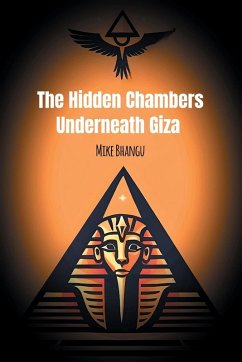
Hidden Welfare State
Versandkostenfrei!
Versandfertig in 6-10 Tagen
23,99 €
inkl. MwSt.

PAYBACK Punkte
12 °P sammeln!
The Hidden Welfare State is a term coined by Christopher Howard, professor of government at the College of William and Mary, to refer to tax expenditures with social welfare objectives that are often not included in discussions about the U.S. welfare state. Howard's terminology implies that visible social welfare programs are designed to help the neediest, but the hidden programs often offer benefits to wealthier individuals and companies programs that constitute the visible welfare state of direct expenditures include Social Security, Medicare, and Aid to Families with Dependent Children, The...
The Hidden Welfare State is a term coined by Christopher Howard, professor of government at the College of William and Mary, to refer to tax expenditures with social welfare objectives that are often not included in discussions about the U.S. welfare state. Howard's terminology implies that visible social welfare programs are designed to help the neediest, but the hidden programs often offer benefits to wealthier individuals and companies programs that constitute the visible welfare state of direct expenditures include Social Security, Medicare, and Aid to Families with Dependent Children, The hidden welfare state refers to tax expenditures with social welfare objectives tax deductions for retirement saving, charitable contributions, higher education, and the home mortgage interest deduction. All of these deductions benefit constituencies with considerable disposable income. Tax expenditures and direct expenditures essentially have the same effect on the federal budget. Direct expenditures represent the amount of money the government is paying out, whereas, tax expenditures represent the amount of money not collected by the government












